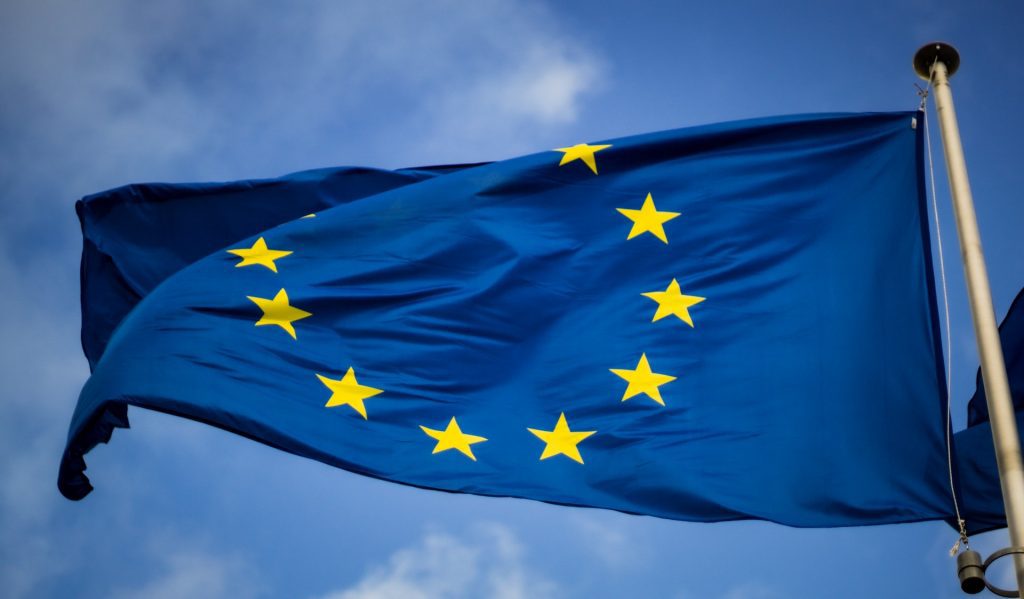Brexit has had a significant impact on the UK
IP law is no exception. Here is a brief overview of the key changes.

Photo by Christian Lue on Unsplash
By Dr Martin Douglas Hendry
Introduction
Brexit has been a hot topic for the past few years, with businesses around the world wondering what the impact of the UK's decision to leave the European Union will be. One area that has received less attention, however, is the impact of Brexit on UK intellectual property law. In this blog post, we'll take a look at some of the key changes that businesses need to be aware of in order to protect their intellectual property rights.
What is intellectual property law?
Intellectual property (IP) law is a branch of law that deals with the legal protection of intangible assets, such as inventions, creative works, and brand names. In the UK, IP law is governed by a number of different Acts, including the Patents Act, the Trade Marks Act, and the Copyright, Designs and Patents Act. These laws provide the legal framework for businesses to protect their IP rights and ensure that they can reap the financial rewards of their creative endeavors.
How has Brexit impacted UK IP law?
One of the key ways in which Brexit has impacted UK IP law is by disrupting the UK's participation in a number of EU-wide IP systems and agreements. Prior to Brexit, the UK was a member of the European Patent Office (EPO), which grants patents that are valid in all member states of the EU. However, following the UK's withdrawal from the EU, the EPO has stated that UK-based businesses will no longer be able to obtain pan-European patents.
In addition, the UK has left the EU's trade mark system, which allowed businesses to register their trade marks at the EU level and have them protected in all member states. As a result, UK businesses will now need to register their trade marks separately in each EU country in order to protect them.
Finally, the UK has also left the EU's unitary patent system, which was designed to provide a single patent that would be valid across the entire EU. This means that businesses will now need to obtain separate patents for each EU member state in order to protect their inventions.
What do businesses need to do to protect their IP rights?
Given the changes to UK IP law brought about by Brexit, businesses need to take steps to protect their IP rights in order to ensure that they are able to reap the financial rewards of their inventions and creative works. Some key steps that businesses can take include:
- Registering trade marks in each EU country in which they operate. This will ensure that their trade marks are protected and cannot be used by other businesses.
- Obtaining separate patents for each EU country in which they operate. This will ensure that their inventions are protected and cannot be copied by other businesses.
- Ensuring that they have robust contracts in place with employees, contractors, and partners to ensure that ownership of any IP created as part of their business is clearly defined.
- Monitoring the marketplace to ensure that their IP rights are not being infringed by other businesses. If they do discover any infringement, they should take appropriate legal action to protect their rights.
Conclusion
In conclusion, Brexit has had a significant impact on UK IP law, disrupting the UK's participation in a number of EU-wide IP systems and agreements. As a result, businesses need to take steps to protect their IP rights in order to ensure that they are able to reap the financial rewards of their inventions and creative works. By registering trade marks, obtaining patents, and taking other steps to protect their IP rights, businesses can ensure that they are able to thrive in the post-Brexit world.
PEOPLE ALSO ASK...
Look at our other guides that relate to this topic here.
What is trademark infringement?
Best practices for trademark disputes in the world of business
ABOUT VIRTUOSO LEGAL?
Virtuoso Legal is a team of intellectual property specialists based in Leeds and London - operating worldwide. Virtuoso Legal's team of IP experts have successfully tried cases in the IPEC, High Court, Court of Appeals and United Kingdom Supreme Court. In addition, the team assist companies in creating, commercialising and protecting the big ideas that make their business unique. The firm and its professionals are ranked yearly in legal directories such as the Legal 500 and Chambers and Partners, cementing their status as a Top 2% law firm in the world.
DISCLAIMER: The content within this post is for educational purposes only. Virtuoso Legal does not take any responsibility for those that use this information and waives any liability for any resulting effect on your personal or commercial circumstances. If you are experiencing an issue and need advice, we strongly encourage you to contact a solicitor to identify your best course of action.
Want to get started?
Click below to be get started working with us.
Leeds 0113 237 9900
London 0208 088 2367